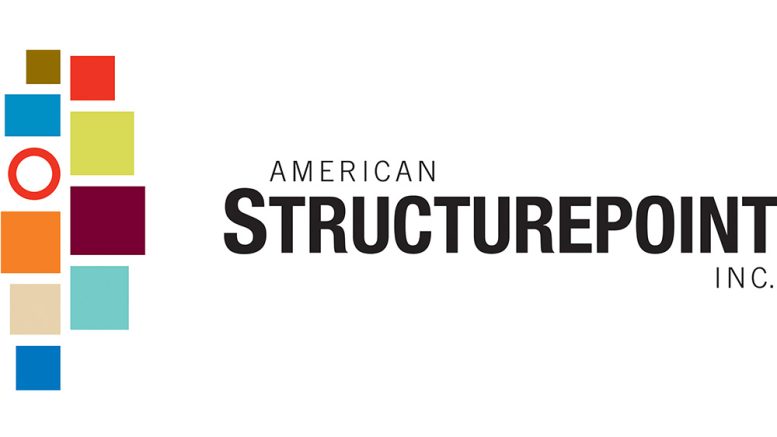The latest episode of American Structurepoint’s Making Our Point podcast explores investigative engineering as a career choice. This is the fifth in a series of podcasts that focus on the different types of engineering to help young adults determine whether engineering is right for them.
Greg Susemichel, American Structurepoint investigative practice leader, shares examples of projects investigative engineers often tackle. Investigative engineering focuses on the investigation, assessment, or rehabilitation of existing structures. Susemichel provides excellent insights for people considering an investigative engineering career, such as qualifications needed, what to expect when entering the field, career paths and salary ranges for civil engineers and more.
Investigative engineers evaluate structures that either have been damaged or aren’t performing the way they should. They also do assessments to give clients insight into a structure’s overall condition, similar to doing a home inspection before buying a home. Like most other engineering fields, investigative engineering is in demand and a growing industry with lots of opportunities.
“Investigative engineering would be a good fit for someone who enjoys doing puzzles or solving problems,” Susemichel said. “When we go out and do an assessment or investigation, we have one piece of the puzzle and have to obtain the others through research, interviews, and testing.”
To learn more about environmental engineering and to find out if this career is for you, listen to the podcast episode titled “What You Should Know About Investigative Engineering.” You can find the podcast at structurepoint.buzzsprout.com, under the “Company” tab on structurepoint.com, or on any of your favorite podcast streaming platforms such as Apple Podcasts, Spotify, Google Podcasts, Amazon Music, Stitcher, and more.
If you are a job seeker reading this, be sure to check out structurepoint.com/careers to see all openings.

